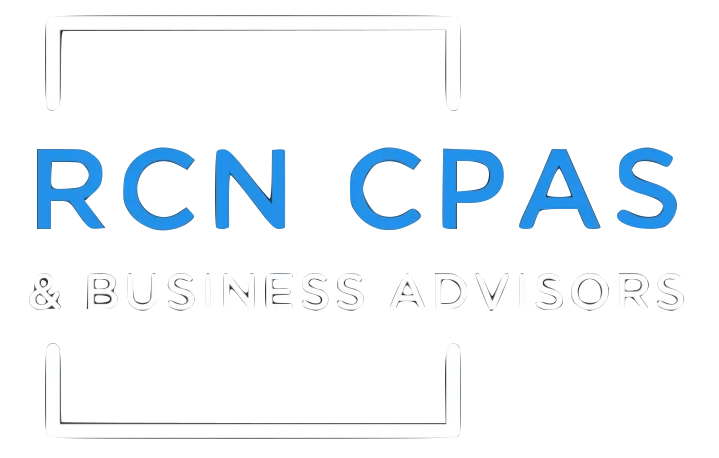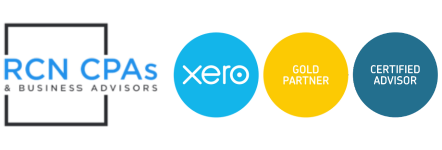Discover the 4 Reasons Your Bank Account is Empty Even with an IRS Tax Bill
It’s tax season right now and at the end of the period, most of you will be asking why I have to pay taxes on my business, and yet I don’t see the profits.
“I don’t see the money in my account. Why am I owing the IRS? “
There are three reasons why that could happen. It is important to review your financial statements regularly. Ideally, you should be reviewing your financials on a monthly basis, so there are no surprises. Waiting till the end of the year, or the beginning of the next year will not give you the right picture of your business status.
Here are reasons why you might be owing the IRS even though your bank account is empty.
1. Paid down debt
During the year, it’s possible that you made payments towards your outstanding debts such as credit cards or loans. However, it’s important to note that the principal repayment of these debts does not directly impact your business profits. Only the interest portion of these payments is deductible from your business income. This means that if you have been consistently making payments toward your debts, you may end up with higher taxable profits due to the lack of deductions.
It’s worth mentioning that while paying off debts may not reduce your taxable profits, it can still positively impact your overall financial health. By reducing your debts, you can free up cash flow and improve your credit score, which can lead to better opportunities for your business in the future. Therefore, it’s essential to balance your debt repayment goals with your tax planning strategies to ensure that you’re maximizing your benefits in both areas.
2. Taking draws from the business
If you’re taking periodic draws from your business instead of paying yourself a regular salary, it’s important to understand the tax implications. Unlike a salary, these draws cannot be treated as a taxable deduction. This is because when you receive a salary, you’re required to pay payroll taxes on it, whereas when you take draws, you’re not subject to the same tax obligations.
Taking draws instead of a salary can impact your ability to claim certain tax benefits, such as the earned income tax credit or certain retirement plan contributions. Moreover, if you’re not making any estimated tax payments throughout the year, you may end up owing a significant amount of taxes when you file your return.
3. Not recording all the expenses
It’s possible that some of your expenses may not have been accurately recorded or have been omitted in your accounting software. Therefore, it’s crucial to regularly reconcile your bank statements as there could be recurring transactions that you may not be aware of. Additionally, if you’re a new business owner, you might have used your personal credit cards to make some payments, and it’s important to keep track of those transactions. Moreover, you may have paid for some business expenses from your personal account, which could have been left out of the accounting records.
4. Loan to the business
You may have loaned the business some money, this transaction should not be treated as income. This means that you should not report the loaned amount as revenue in your financial statements, as doing so can artificially inflate your profits and lead to higher tax obligations. This is one of the reasons why it’s very important that you have a complete financial statement.
To ensure that your financial statements accurately reflect the true position of your business, it’s important to maintain complete and accurate records. Your income statement and balance sheet should clearly distinguish between revenue, expenses, and any outstanding loans. By doing so, you can avoid the risk of overreporting your profits and paying more taxes than necessary.
To avoid any potential tax issues, it’s essential to consult with a tax professional who can help you determine the most appropriate compensation structure for your business. This includes taking into account your cash flow needs, your tax obligations, and your long-term financial goals. By working with a qualified advisor like RCN CPAs and Business Advisors, you can ensure that you’re maximizing your tax benefits while also staying compliant with the relevant tax laws and regulations.
Click here to schedule a 15-minute call. I guarantee you that I would share one or two business and tax tips on how to grow your business or how to reduce your taxes.





